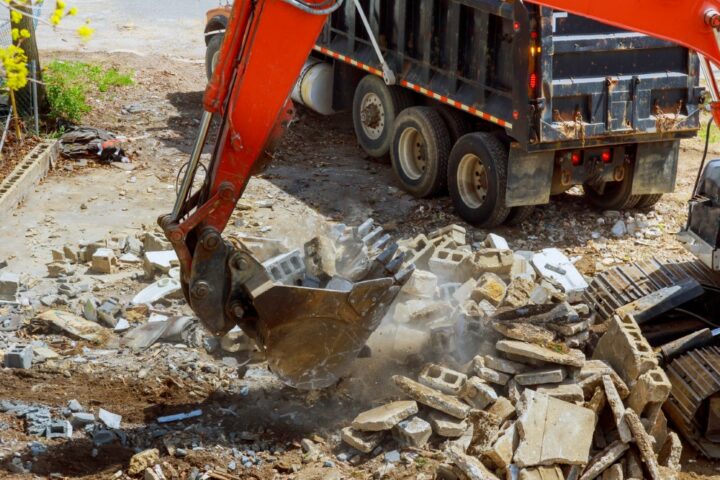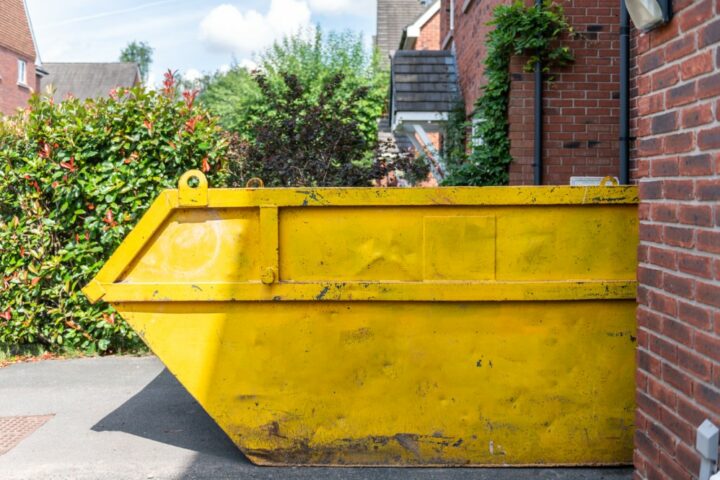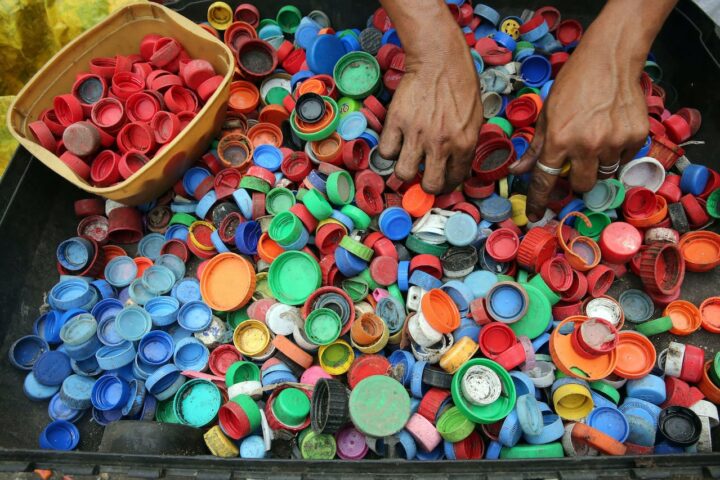Discover how the United Kingdom is transforming its waste into wealth, with paper, plastic bottles, and aluminium cans leading the charge in an extraordinary environmental comeback story! This inspiring journey isn’t just about reducing landfill clutter; it’s a testament to the power of sustainable practices in creating a greener, cleaner world.
As we delve into the heart of the UK’s recycling revolution, we uncover not only the impressive statistics but also the innovative processes behind the triumphant trio – paper, plastic, and aluminium. These everyday items, once discarded thoughtlessly, are now key players in an eco-friendly saga, highlighting the nation’s commitment to a future where recycling is not just a choice, but a way of life.
Paper and Cardboard Recycling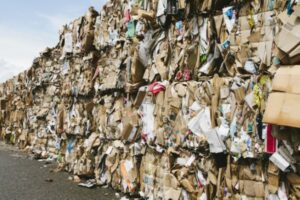
The UK uses over 9.9 million tonnes of paper annually, with an 80% recycling rate. For cardboard, 84% is recycled, equating to 2 million tonnes yearly. Recycled paper products include office paper, newspapers, and cardboard packaging. The recycling process involves collection, sorting, cleaning, pulping, and reforming into new products.
Recycling paper and cardboard is crucial due to several environmental and economic benefits. It conserves natural resources, as making new paper products from recycled materials requires less wood from trees. This is particularly significant considering the high volume of paper and cardboard usage in the UK. Recycling paper also saves energy, as it requires less energy to process recycled paper compared to manufacturing new paper from virgin wood pulp. Additionally, recycling reduces greenhouse gas emissions that contribute to climate change, as the decomposition of paper in landfills generates methane, a potent greenhouse gas. By recycling paper and cardboard, we reduce the need for landfill space and decrease pollution.
Plastic Bottle Recycling
Plastic bottles, mainly made from polyethylene terephthalate (PET), have a 75% recycling rate for PET drink bottles and 61% for all plastic bottles. The recycling process is straightforward: bottles are cleaned, crushed, and melted to create new plastic items.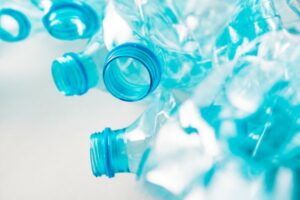
Recycling plastic bottles is essential to address the environmental issues caused by plastic waste. Plastic takes hundreds of years to decompose, and during this process, it can release harmful chemicals into the environment. Recycling helps to reduce this pollution. Moreover, manufacturing new products from recycled plastics uses less energy than producing them from new materials, which helps in conserving natural resources and reducing carbon emissions. Recycling plastic bottles also helps in reducing the amount of waste sent to landfills and oceans, where they pose a significant threat to wildlife and marine ecosystems.
Aluminium Can Recycling
Around 9.591 billion aluminium drink cans are produced annually in the UK, with a 75% recycling rate. Aluminium is entirely recyclable, requiring 95% less energy than producing new aluminium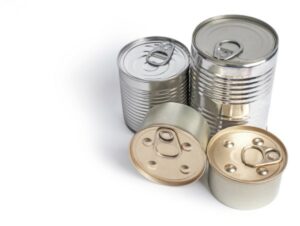 from raw materials. Recycling one aluminium can save enough energy to power a television for three hours. In 2005, about 50% of all steel packaging was recycled, which can be repurposed for various products.
from raw materials. Recycling one aluminium can save enough energy to power a television for three hours. In 2005, about 50% of all steel packaging was recycled, which can be repurposed for various products.
Aluminium can recycling is highly beneficial due to the metal’s ability to be recycled indefinitely without losing quality. The energy savings from recycling aluminium cans are substantial, as producing new aluminium from bauxite ore is energy-intensive. The recycling process for aluminium uses 95% less energy, which significantly reduces carbon emissions and conserves natural resources. Additionally, recycling aluminium helps to reduce the need for mining bauxite, thus lowering the environmental impact associated with mining activities.
Commercial Recycling Programs
The article advocates for commercial recycling to save energy, reduce waste, and decrease environmental impact. It suggests educating people about recycling and partnering with waste management companies.
Other Recyclable Materials
Glass, milk jugs, other metals, and textiles are also recyclable. Glass is 100% recyclable without losing quality, used for new bottles and construction materials.
The UK focuses on recycling paper, plastic bottles, and aluminium cans, with efforts to expand sustainability and recycling rates. The article encourages commercial entities to participate in recycling programs for a cleaner environment.
